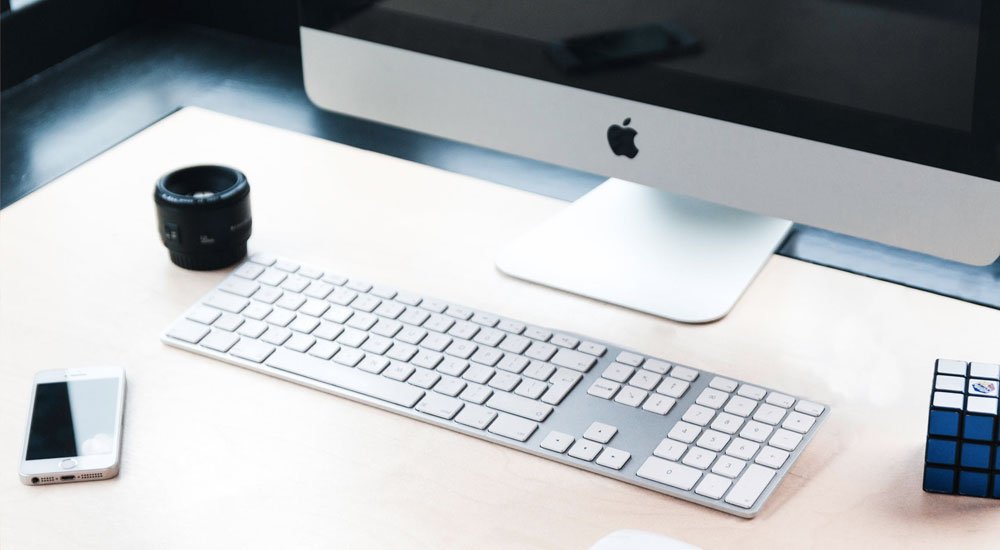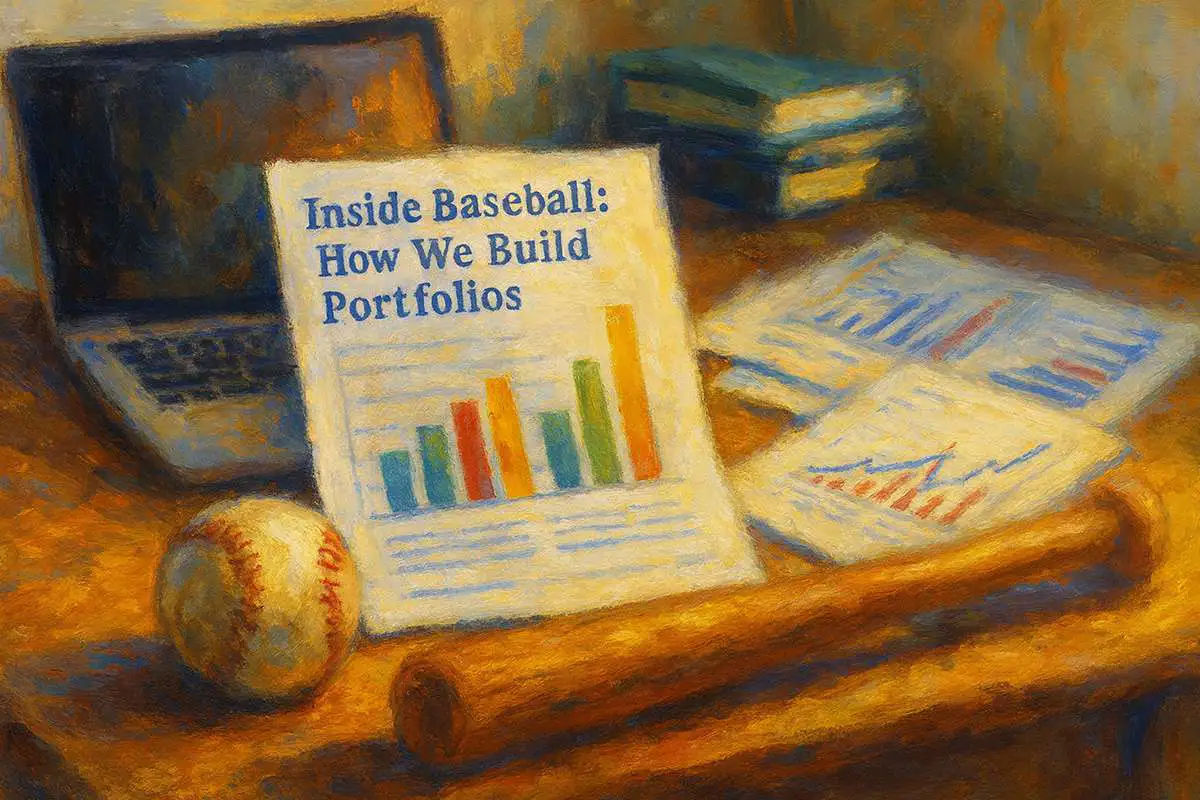Can Apple still come up with breakthrough innovations? In September Apple introduced an iPhone with 3-D touch, Apple TV that has been turned into a gaming device and a larger iPad with a stylus that will take the tech giant into new niches. These products looked awesome, but they were just improvements. There was nothing groundbreaking about them. Apple’s breakthrough innovation was financial — its new iPhone Upgrade Program, which is ingenious on many levels.
Let’s briefly summarize that program. If you were to buy an iPhone 6s with 16 gigabytes of memory outright online or at an Apple store, it would cost you $649. The Apple Upgrade Program will provide you free financing on this phone for two years for $32.41 a month. However, the sum of these payments will add up to $778, because it includes AppleCare+, which is mandatory. AppleCare+ is a fancy name for an extended warranty service that really adds three things: It extends your technical support beyond 90 days to two years; it increases the phone warranty from one year to two; and Apple will replace your phone (for a small fee) if you drown it in the toilet or drive over it — the usual stuff we do to our beloved iPhones from time to time.
But here is the kicker. In 12 months, when Apple comes out with another iPhone (and believe me, they will), you will be able to hand your now “old” (one year, that is) phone back to Apple and get a brand-new one. That will automatically extend your upgrade contract by 24 months, giving you the option to get another iPhone in 12 months, and the cycle will continue. This is a plan that would make even the financial engineers at Goldman Sachs proud.
Here’s why: The program turns Apple into an iPaaS (iPhone as a Service) company. For $32.41 a month your constitutional right to pursue happiness through ownership of each new iPhone will finally be fulfilled. Consumers are encouraged to upgrade their phone every year instead of every two to three years, singlehandedly pushing up iPhone sales in the U.S. much higher.
These higher sales will also come with much higher margins. In the current near-zero interest rate environment, financing will cost Apple, let’s say, around 4 percent, or $26 a year (on a $650 phone). Incidentally, Apple raised the price of AppleCare+ by $30, from $99 to $129 a year. This should more than cover the cost of financing for the first year, and if you keep upgrading your phone, you’ll keep buying AppleCare+.
It gets better. When a customer buys an iPhone through Apple Upgrade, AppleCare+’s so-called attachment rate to that iPhone sale is 100 percent. Apple will not sell you an iPhone without AppleCare+. For iPhones sold by AT&T or even at an Apple store, the AppleCare+ attachment rate is much lower (Apple doesn’t disclose the number). There is certainly value in AppleCare+, but just as with any warranty, its margins are sky-high.
In 12 months Apple is going to have an inflow of year-old iPhones. My guesstimate is that if you include interest and warranty expenses, the cost of an iPhone traded in mid-contract is somewhere around $260. What will Apple do with millions of used iPhones? It will refurbish them and sell them in emerging markets like Russia and India. A steady inflow of used iPhones will help Apple compete more effectively in emerging markets, which are flooded with much cheaper smartphones. Refurbished iPhones are gateway drugs to new, full-price iPhones. After all, once you go Apple you don’t go back (surveys show that Apple users have 90 percent loyalty). Also, used products are often subject to much lower import tariffs than new products, further lowering the cost. So Apple will be able to sell your iPhone twice.
Apple Upgrade takes control of the customer away from wireless carriers. It dumbifies and commoditizes their services. Wireless carriers used to be major subsidizers of iPhones, but Apple Upgrade will change that. Carriers locked in consumers to their services for the duration of the contract, but not anymore. Now customers will be locked into Apple, and every 12 months they’ll get to make a decision as to which carrier will be granted the privilege of carrying the bits and bytes generated by their iPhones. Carriers that offer the lowest price will win.
Apple’s upgrade program is a no-brainer for consumers if — and this is a very significant if — they perceive there is value in what Apple is asking them to pay for: AppleCare+. Just as with the introduction of any new Apple product, the chances of success for the iPhone Upgrade Program are very high but not guaranteed. Still, at least for now the question of whether Apple can still innovate has been answered.









0 comments
0